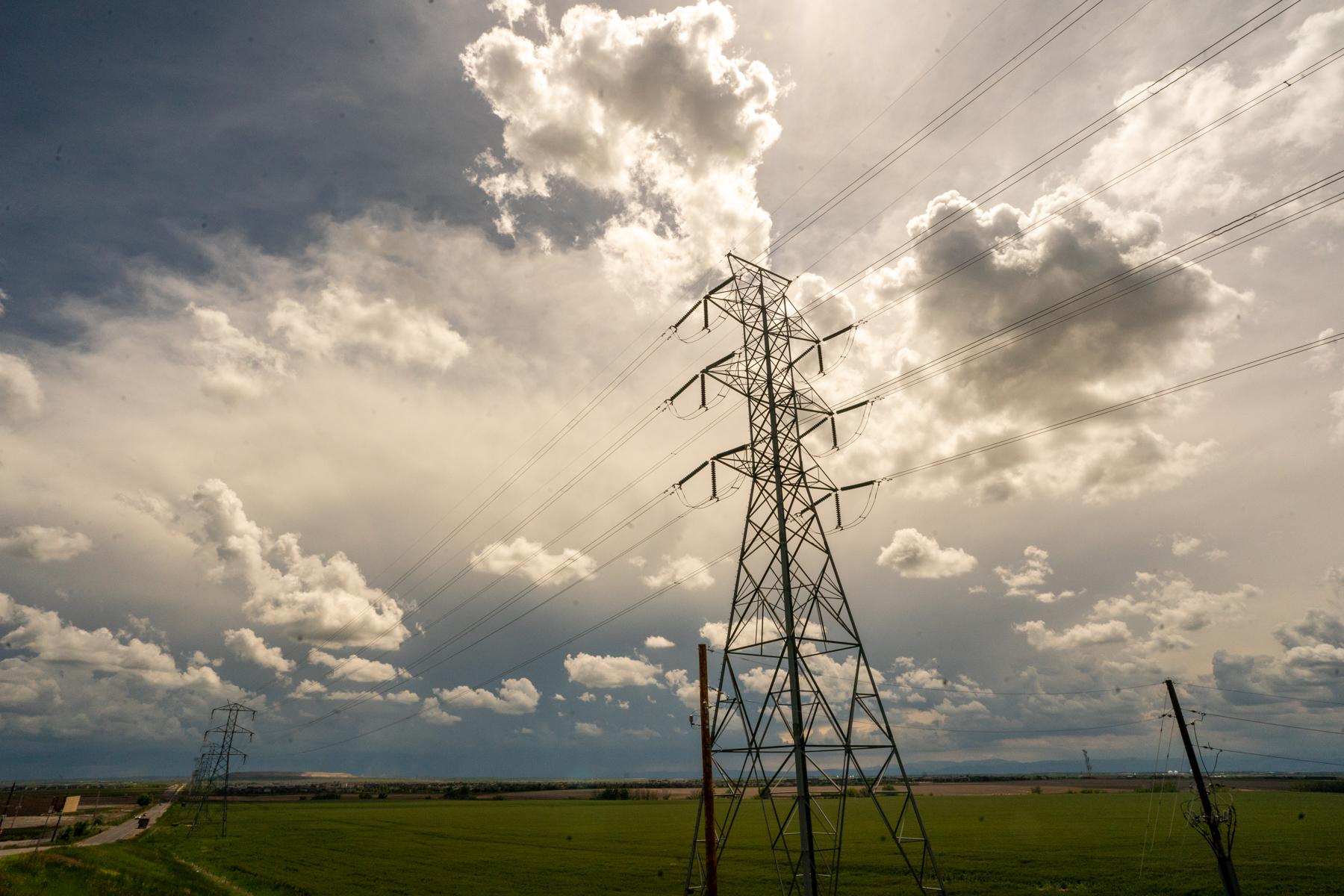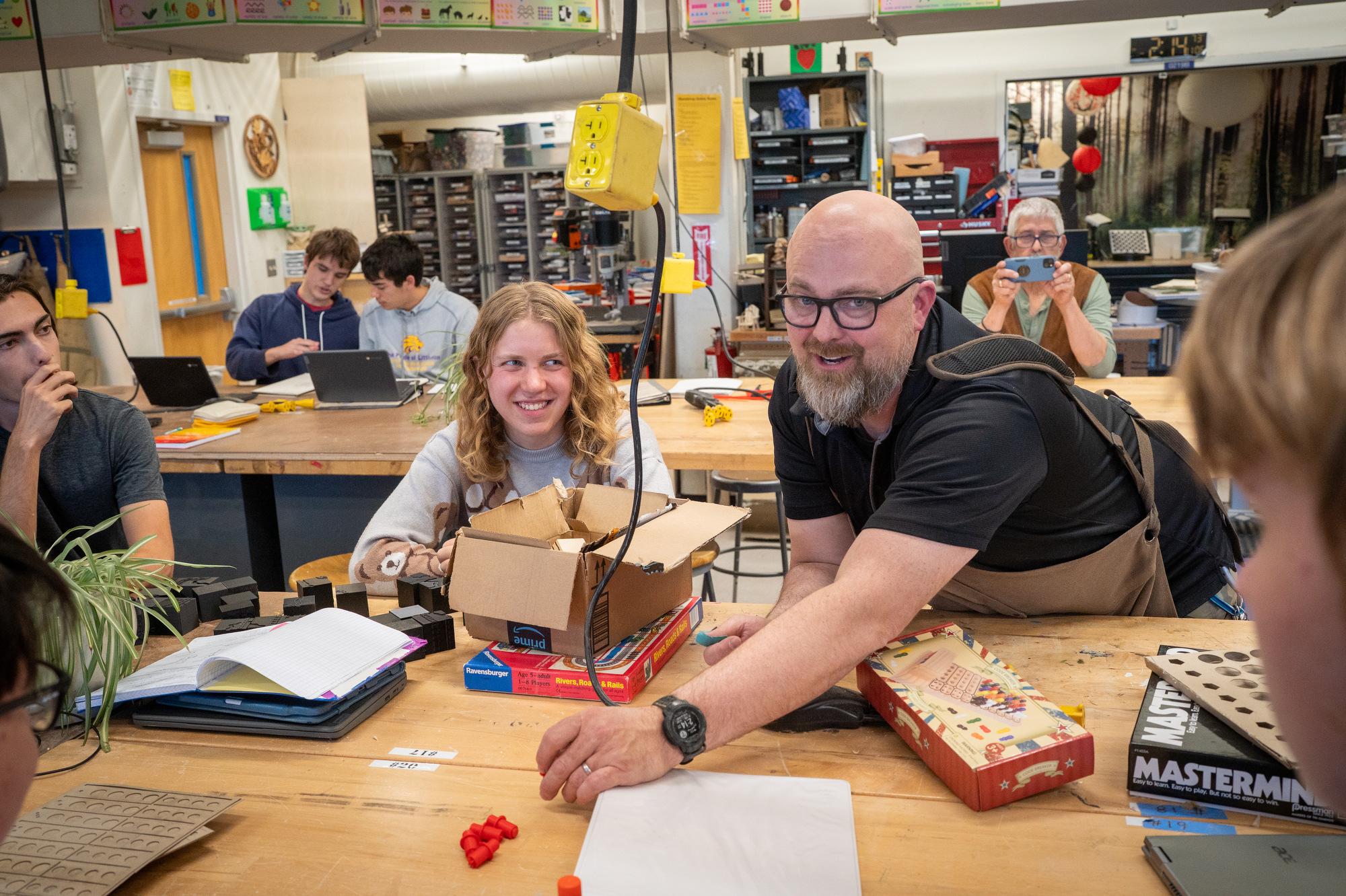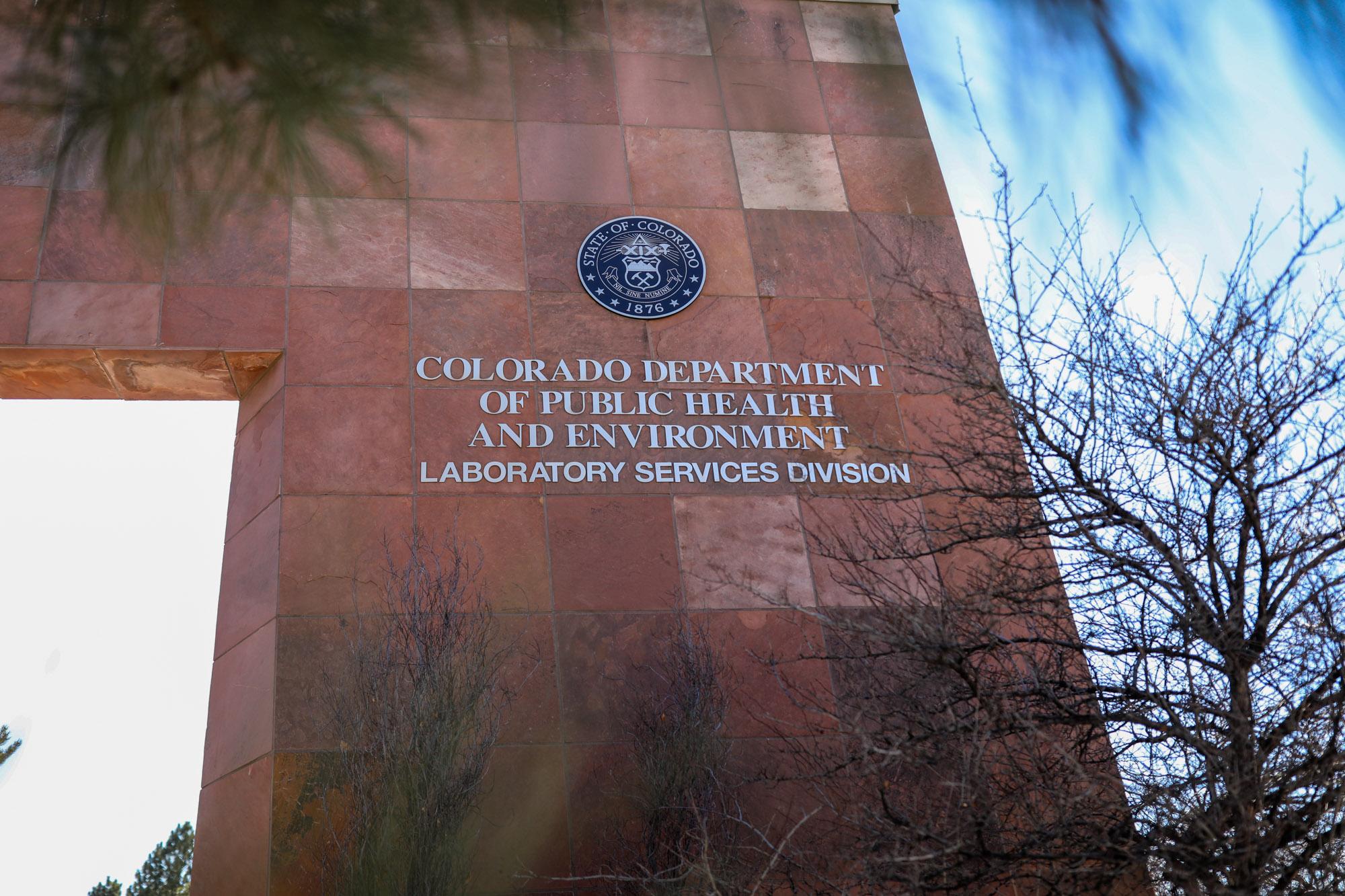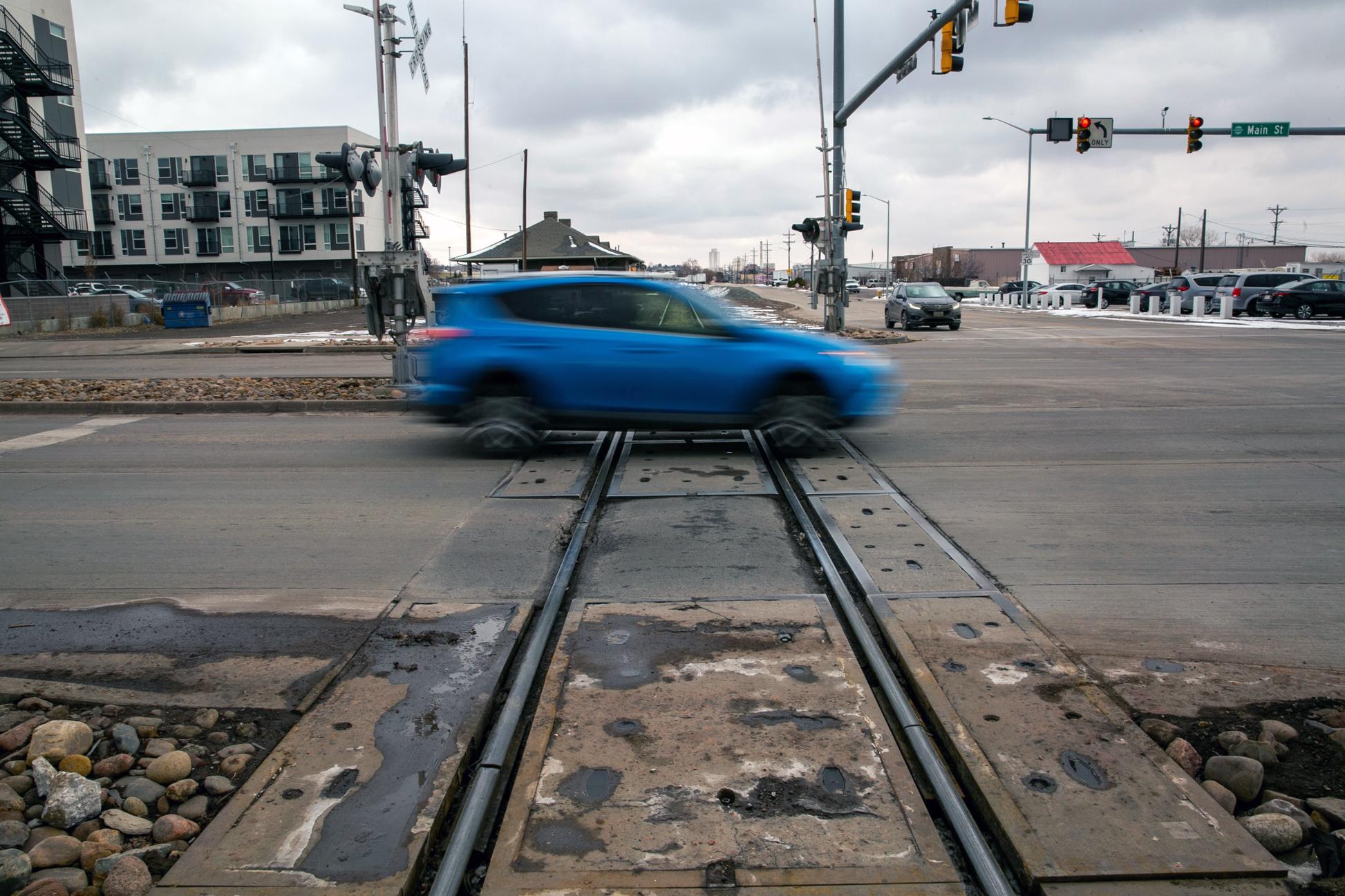
Rental cars in Colorado could come with an extra cost — up to $3 per day — under a new proposal from top Democrats in Colorado. The extra fees would add up to an estimated $50 million a year for the state’s growing list of transit and bus projects.
The measure, SB24-184 is meant to provide “seed money” for passenger rail projects along the Front Range and through the mountains, a statewide bus network, and other efforts.
The goal, Democratic leaders said, is to use the money as a downpayment to secure much more federal money from the recent bipartisan infrastructure package.
“These are big visionary projects that I think we all know are expensive and take a long time to get off the ground. But with this … once-in-a-generation opportunity with the Infrastructure Investment and Jobs Act, we actually have a real ability and a short window to get the funding necessary to turn these projects into reality,” said Senate President Steve Fenberg.
Republicans have criticized the bill as another effort to raise revenues without voter approval and dismissed the transit effort as wasteful.
What would it pay for?
The bipartisan Infrastructure Investment and Jobs Act opened $66 billion in federal rail funding, including about $30 billion to establish new passenger rail corridors around the country.
Colorado is already making progress in securing some of that money for its major rail projects, but will need to come up with state dollars to match some of the federal investment, Fenberg said in an interview.
One key priority is a plan for Front Range passenger rail, which would link Fort Collins to Pueblo and potentially become a link in the national network. State officials have said a “starter” version of the service, using existing freight tracks, could take $2 billion and at least a decade of work.
Fenberg hopes that a larger project could also eventually deliver on some of the long-delayed promise of a train from Denver to Boulder. The bill instructs RTD and CDOT to collaborate with the Front Range Passenger Rail district on providing that service, which would also be part of the northern section of the Front Range line. However, Fenberg noted that this “beginner” version of the plan would only run about five trains per day, compared to the dozens that were anticipated when voters were originally sold on the train to Boulder.
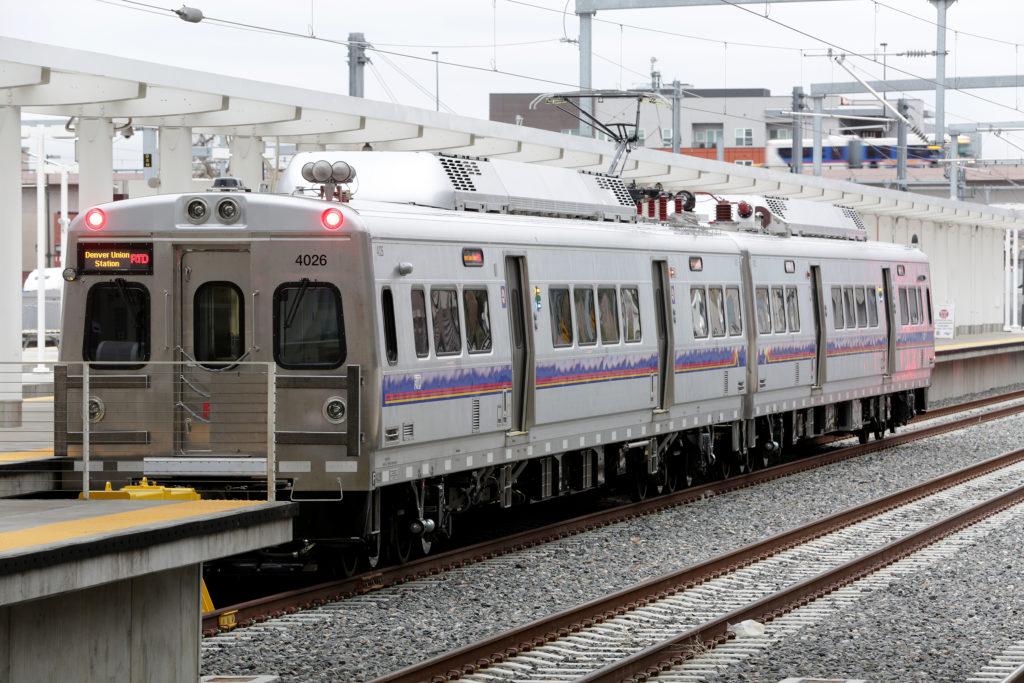
A second, separate rail plan would use existing Amtrak and freight lines as the basis for passenger rail service running from Dener’s Union Station out to the northwest corner of the state. The proposed line would run through Jefferson County, Winter Park, Steamboat Springs, and Craig, ending in Hayden.
“Because the Denver-to-Craig service would only require minimal track and safety improvements, CDOT is hoping that the mountain rail project would be an attractive candidate for federal funding,” a CDOT press release stated. The state already has dedicated $5 million to studying the 191-mile route.
Fenberg said federal authorities are “very excited” about Colorado’s rail plans.
“They have put out their national sort of interstate rail plans, and several of those plans hinge on the Front Range rail project coming to fruition because it's going to be an important connector for other states,” he said.
The bill also prioritizes Colorado’s efforts to create a “more comprehensive statewide bus system” through recently created routes like Bustang, Snowstang, and Pegasus.
Senate Minority Leader Paul Lundeen criticized the proposed transit spending as just another potential boondoggle.
“California tried a pie-in-the-sky rail project. It’s now a decade behind schedule and $100 billion over budget. Colorado should not go down that same rabbit hole,” he said, referring to California’s beleaguered high-speed rail project.
Why fees are controversial
The proposal would continue Democrats’ use of fees, a controversial fiscal strategy to pay for infrastructure.
“We don’t need more fees, people,” Lundeen continued. “The people of Colorado need relief from fees and Democrat projects that burden their lives.”
By structuring the plan as a fee, rather than a tax, lawmakers won’t have to ask voters to approve the new revenue stream. Fees also don’t count toward the state’s TABOR revenue limits.
The difference between taxes and fees is mostly a legal one: Fees have to be spent on a purpose that is related to the way they were collected. In this case, Democrats argue there’s a clear connection between the use of rental cars and the need for transit investment.
As the bill proclaims: Rental vehicles “are one user of our public highway system with a demonstrated impact on traffic congestion on our public highways that could be alleviated and offset by providing new transit and rail services that reduce the traffic congestion and wear and tear they encounter.”
Colorado already charges a fee of $2.13 per day for short-term vehicle rentals, with the money going to the state highway fund. It has done so since 2009.
The proposed new fees would cap out at an additional $3 per day for rentals of internal combustion vehicles, or $2 per day for electric vehicles and plug-in hybrids. The money will be handled by CDOT. Rentals of more than 30 days would continue to be exempt from the fees.
The measure is sponsored by Fenberg, Sen. Janice Marchman, House Speaker Julie McCluskie, and Rep. Andrew Boesenecker, all Democrats.
Gov. Jared Polis has already signaled strong support for the bill, saying that public transit will lead to more housing and lower costs for Coloradans.
“Historic federal funding is now allocated to deliver passenger rail across the country, and this bill is an important step to help Colorado draw down our fair share of funding and finally make passenger rail a reality,” wrote spokeswoman Shelby Wieman in an email.
The bill is just starting its legislative journey, facing several committee hearings and votes in the Senate and House before it can reach the governor’s desk.


